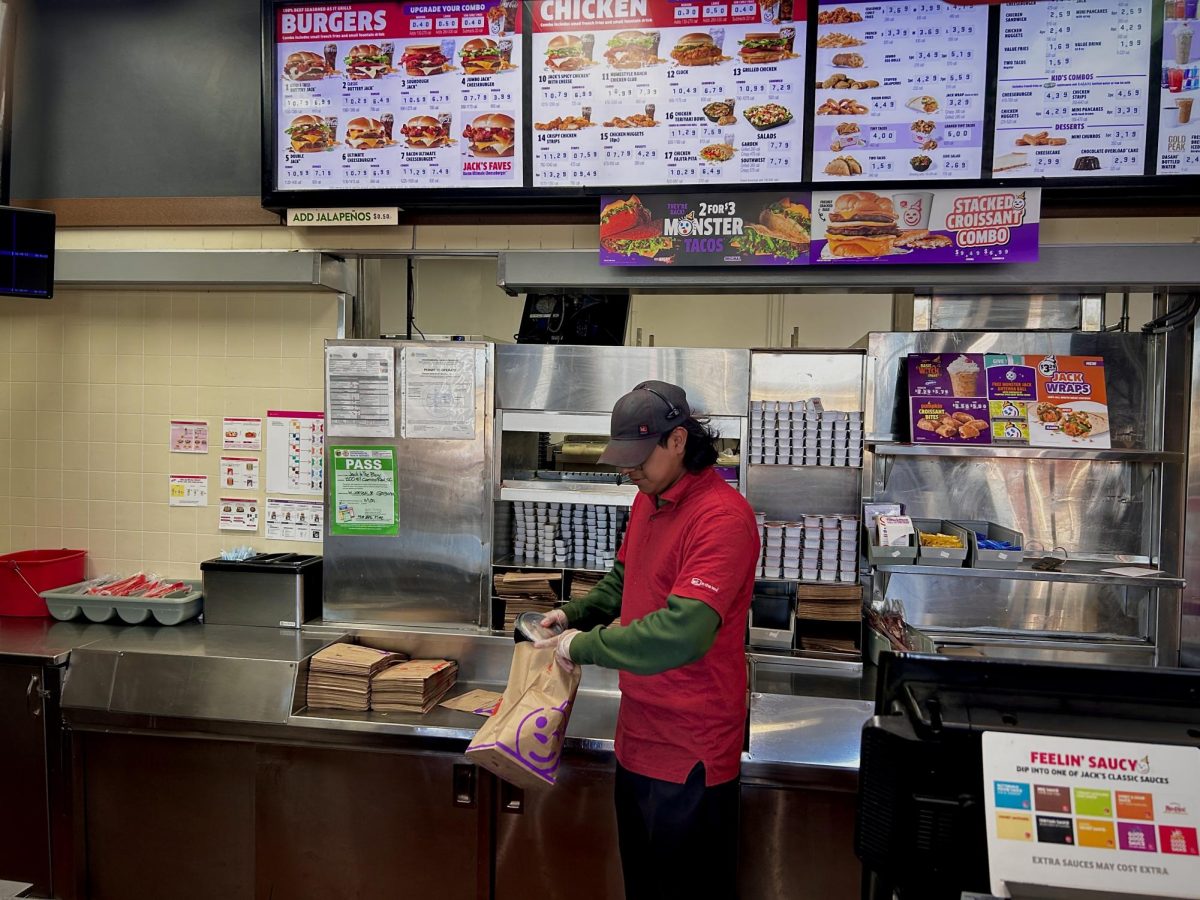Gov. Gavin Newsom passed a new law in California raising the minimum wage to $20 in the fast-food industry, aiming to provide better financial support for the many employees involved in the industry.
On Thursday, Sept. 28, 2023, Gov. Newsom signed Assembly Bill No. 1288 into law. This bill will require the creation of a fast-food council and the increase of minimum wage to $20. The bill will go into effect beginning April 1, 2024.
The primary motive behind the signing of this bill is to provide low-income families financial support, recognizing that the primary earners in these households are often employed within the fast-food industry.
The mandated minimum wage increase will exclusively apply to all fast-food chains in California. Other states will not be affected. The Bill will give California fast-food workers the highest base pay in the U.S. industry.
The legislation introduced a substantial minimum wage increase of $4.50, elevating it from $15.50 to $20 an hour.
Additionally, the Fast Food Council can gradually increase the minimum wage until 2029, all the while improving the well-being of employees and consumers by introducing better health, safety, and security regulations.
Luz Acampo, a dedicated employee at McDonald’s, believes that a wage increase will not only benefit each employee individually but also prove highly effective in improving their overall well-being.
“I do think it will help people who work here,” Acampo said. “It will definitely give everyone better pay.”
This will benefit many fast-food chains in the industry, leading to better working conditions and more positive staff. However, it could also harm other small businesses.
The increased wage could have an effect on other competing businesses, causing them to increase their own wage.
The wage increase will attract more people to work at bigger franchises that offer a minimum wage boost. As a result, it might lead to smaller restaurants or businesses losing employees because they don’t have to raise their wages.
Though it may affect smaller business owners, David Weyant, a finance teacher at Carlmont, says that the wage increase will not decrease the money made by the fast-food franchise owners.
“If they have adequate staffing, it’s possible that they might be able to make up sales to cover the wage increases. An advantage over not being staffed very well,” Weyant said.
As a whole, fast food workers have been viewed as having sub-par working conditions and bad pay in the past years.
The new Bill will hopefully see many improvements in the working conditions and pay of fast-food employees. It could motivate people to work in the fast-food industry and improve their status.
“I’m looking forward to it,” Ocampo said.













